
Maxime Baron Guitars Interview
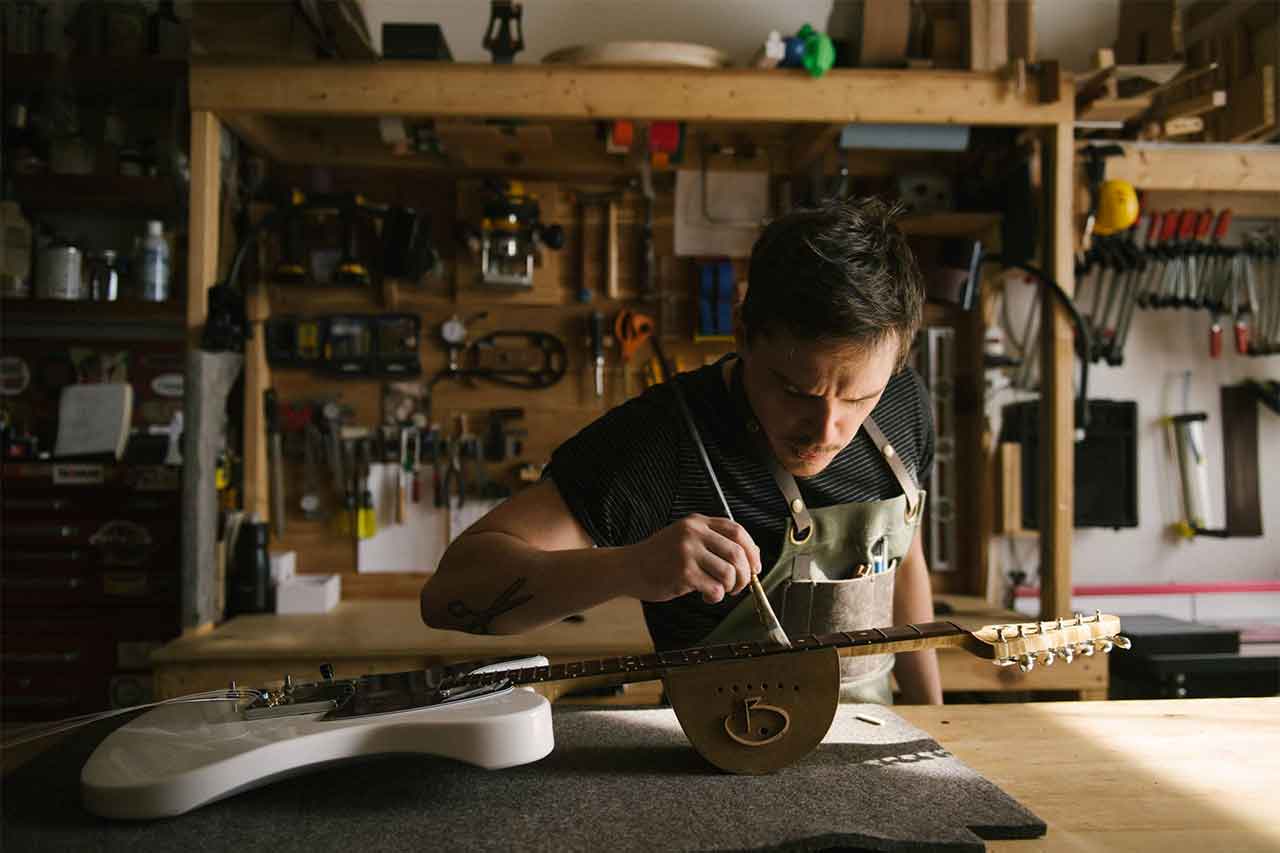
Maxime Baron Guitars Interview
ID
NAME: Maxime Baron
NICK NAME : Max
LIVING IN : Montréal, Québec, Canada
TRAINING & BACKGROUND: Lutherie-Guitare Bruand & learned with Michel Pellerin
PLAYING: I’ve got a Taylor GS Mini as my camping guitar. I’ve been trying to build one for myself for years.
NAME OF YOUR HIGH SCHOOL BAND : I can’t remember the name. But it was metal. 🤘
LUTHIER YOU ADMIRE THE MOST: Leo Buendia
INSTRUMENT YOU DREAM TO HAVE ONE DAY: Miris by Novo Guitars (Denis Fano)
LAST ALBUM YOU BOUGHT: Sob Rock by John Mayer
LAST MUSIC SONG YOU PUT IN YOUR CAR: Don’t lose sight by Lawrence
LAST SHOW YOU WENT TO : Tire le Coyote
MOST IMPRESSIVE INSTRUMENT YOU EVER HAD IN HAND: Pellerin Grand Auditorium with Ovangkol back and sides.
MOST STRANGE RESTORATION OR REPAIR YOU HAD TO DO : A neck reset on a 1930 Martin. Not strange but uncommon in Montreal.
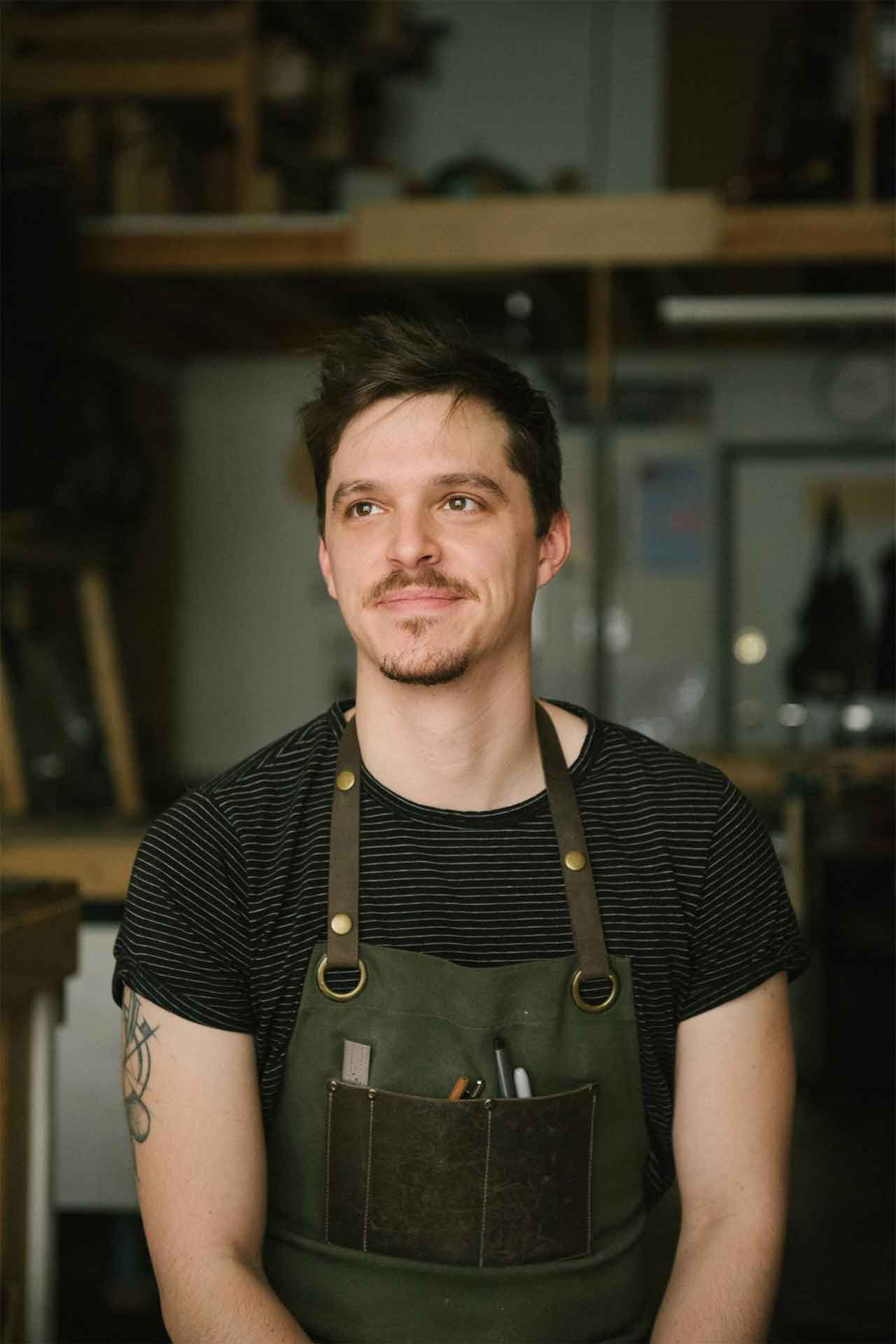
Maxime Baron Guitars Interview – Can you tell us what you consider to be the most important thing when you design a guitar ? What is your process of creation and how does it often start?
If I’m making a guitar for a specific person, the most important thing is to understand his or her needs and preferences. The three domains of customisation are tonal register, aesthetics and ergonomics. All domains are of paramount importance.
When making a guitar that will be offered after completion, the most important thing in the design is to have a purpose for the instrument’s voice and a creative idea to bring it to life.
I remember when I came up with the “Black and Gold” Model M. (There is no gold on the guitar per say, it’s the glowing fibers of the maple that made me think of gold.) I wanted something that stood out for a showcase.
The idea came up by accident when I took a picture of a guitar I was refinishing. I was doing the top only (dark cedar) so I had to mask the bridge sides and fingerboard using white tape. I enjoy modifying pictures and so I was fooling around with the photo’s light and contrast when it appeared: a black sound box with a white bridge and neck. That’s where this aesthetic combination came to life. I chose a wood combination (Italian Spruce & Maple) that would make its voice stand out in a sea of different musical instruments.
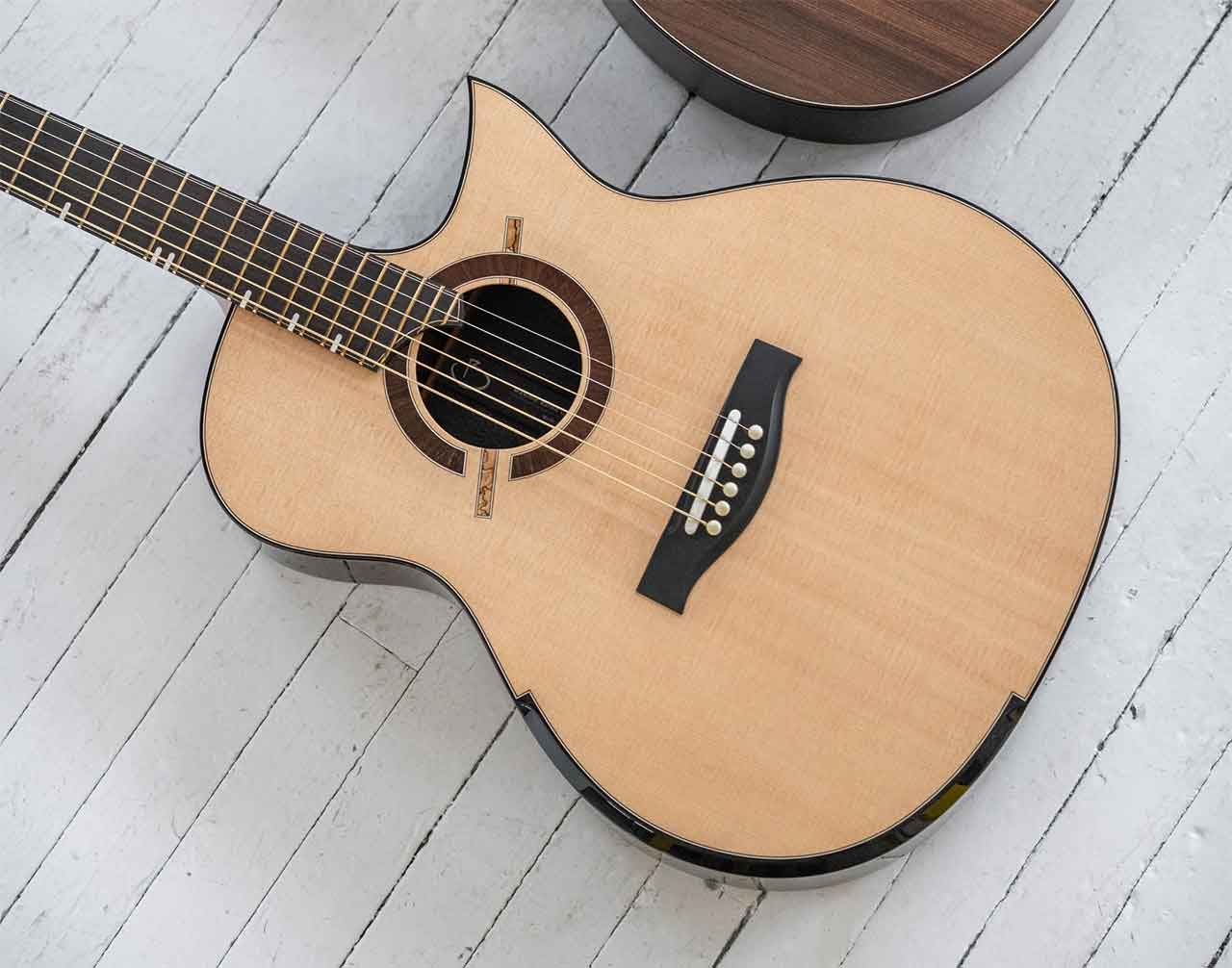
Maxime Baron Guitars Interview – Can you present us your flagship models ?
My philosophy is rooted in my perfectionist nature and my thirst for the optimal musical experience.
In order for me to enjoy playing a guitar, it needs to have a rich and even tonal palette. My cerebral curiosity, combined with my desire to bring the best to my customers, pushes me to seek better ways to produce sound. In the day-to-day, this comes to life through the modern approach of the “responsive” guitar with the combination of physical analysis of the vibrating system.
The Model O is my flagship model, having made more of it than any other model so far. It’s a guitar that’s inspired from the 00. It’s got a 14.5” lower bout (368 mm) and a 25 inch scale (635 mm). As a player, I’m most comfortable on small guitars, and I also need a guitar to respond evenly across the frequency spectrum to enjoy the experience. So when I designed the first Model O, I knew it would have to be responsive enough to produce the bass that so many small guitars lack.
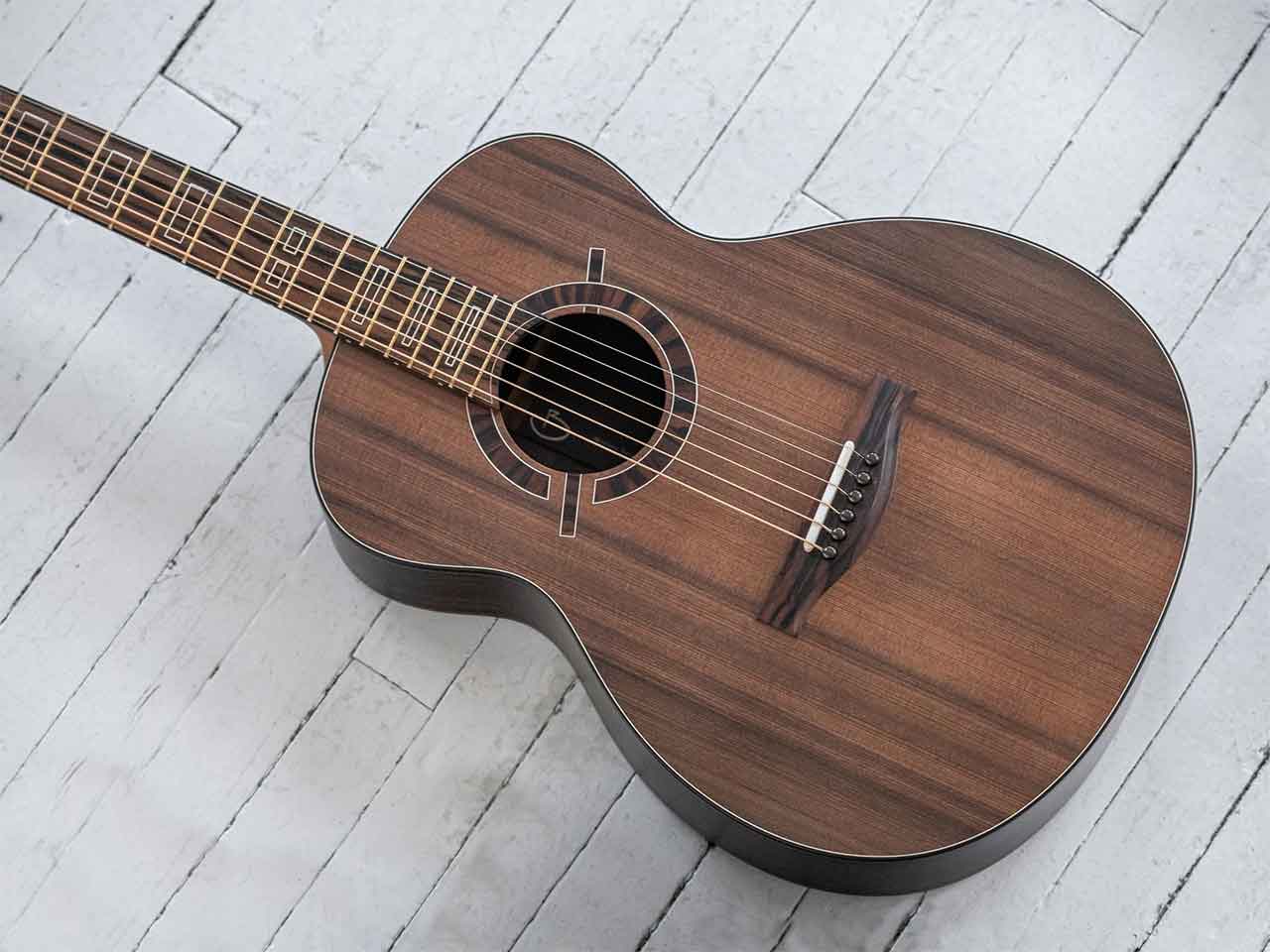
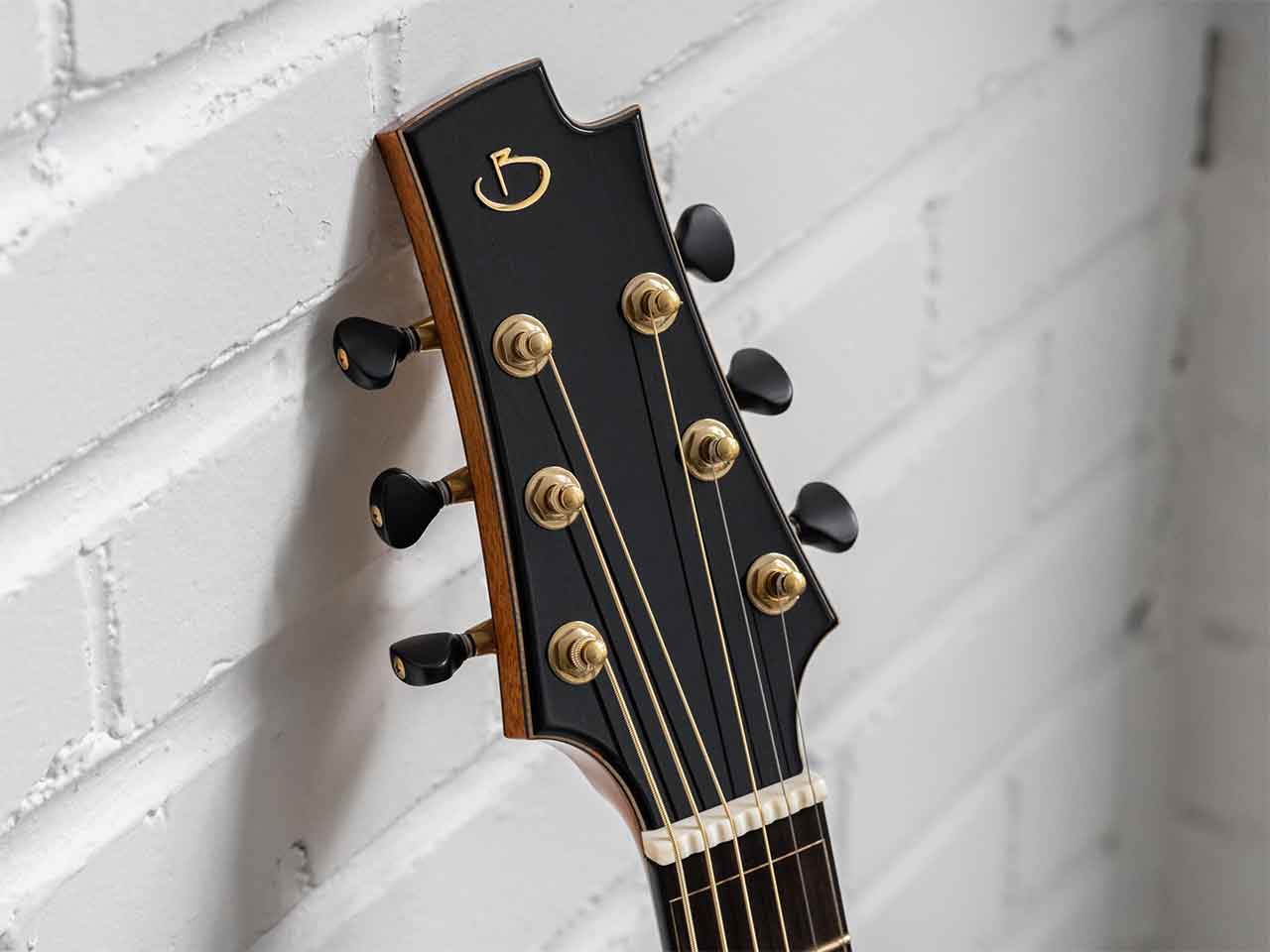
Maxime Baron Guitars Interview – According to you, what is the most impactful thing in the instument sound ? The woods ? the building technique ? what should a buyer ask for when he want to order an instrument when he was to be sure he is ordering the right instrument for him?
The most impactful thing is the hand holding the chisel.
In my years working in a luthiery school, I have witnessed countless first builds made from premium materials, that sounded as average as the next one. There are a lot of forces in motion within a sound box. An understanding of the mechanical and physical properties at play is crucial to give the instrument a chance to have a pleasant sound.
If you are discussing a custom build with a luthier, you could ask the following: “In what way will you make the guitar respond to my needs?” Ask for specifics. If you need a guitar to strum some folk on your couch, ask the builder what are the parameters that will make it work. If you live in a dry environment, ask what can be done to make the guitar last . Etc.
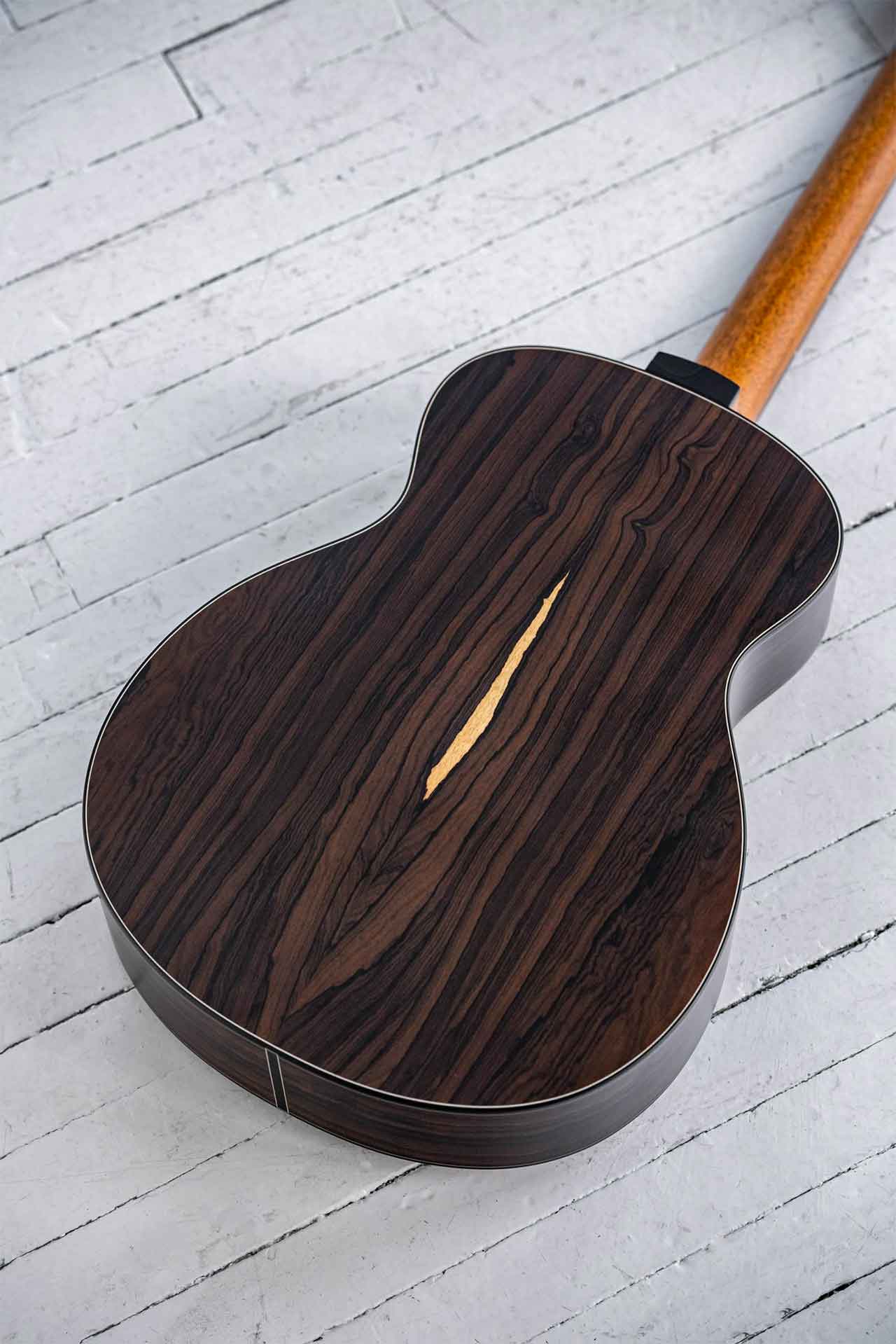
Maxime Baron Guitars Interview – For a custom instrument, can you explain your process? What are your average delays? And how do you advise your customer? What questions do you ask him so that his instrument is perfectly adapted to his expectations?
Custom builds start with a conversation.
I like to ask my customers what guitar they play at the moment, the things they like about it and the aspects they want to be different. A meeting or video call usually gives me enough ground to see the instrument in my mind. Once I have a clear picture of the project, I send a specs sheet and we add or remove a thing or two. Once I get a deposit, the next spot in the build queue is theirs.
If you reach out today, you would get your custom build in about 2 years. I’m actively working on making this quicker without sacrificing the quality.
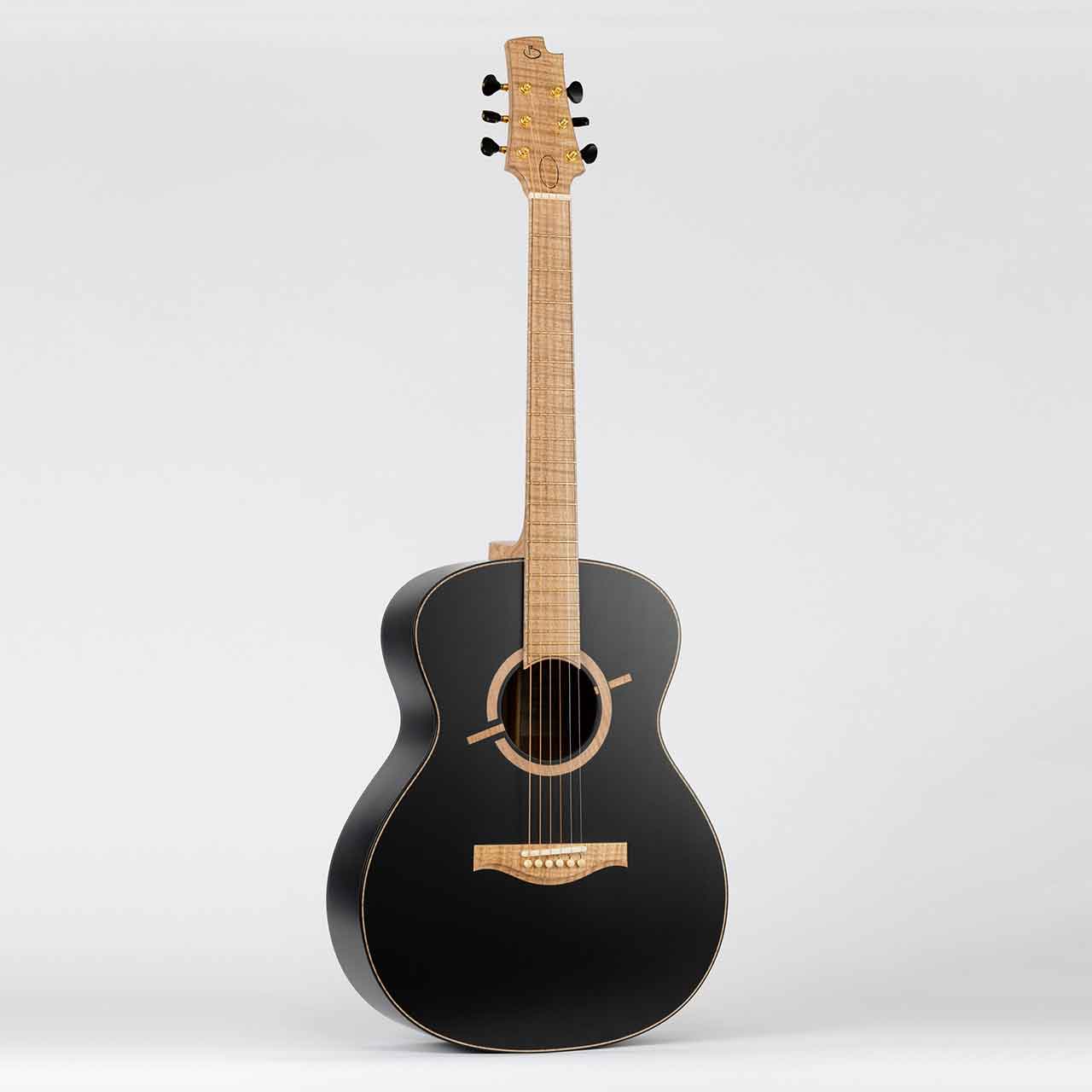
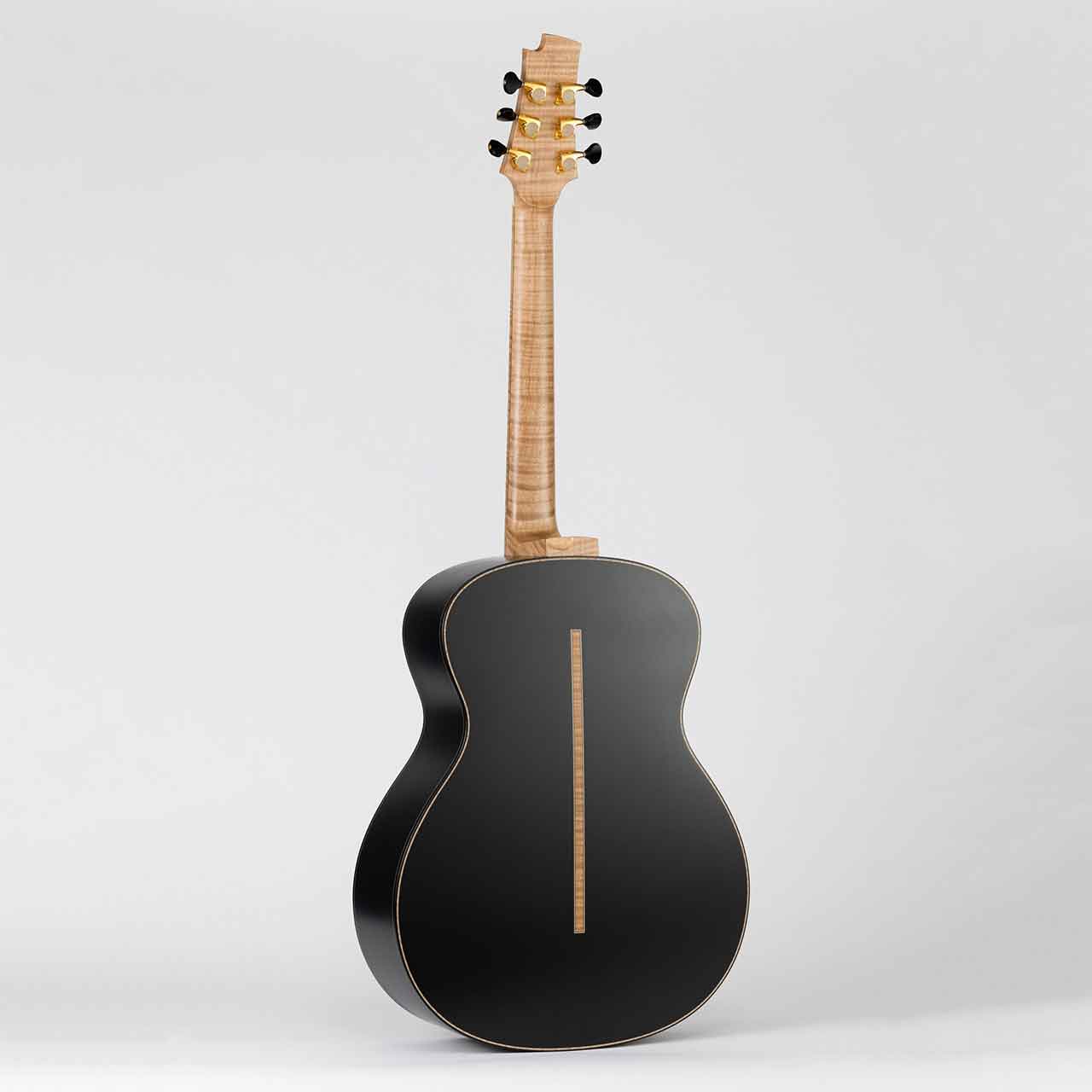
Maxime Baron Guitars Interview – Do you have famous musicians playing on your models ? If so, can you tell us who ??
The Baron Artist family consists of Jeremie Groleau, playing a Cedar and Walnut Model O and Donovan Raitt, a Candyrat Artist playing a Cedar and Wenge Model O, among other musicians.
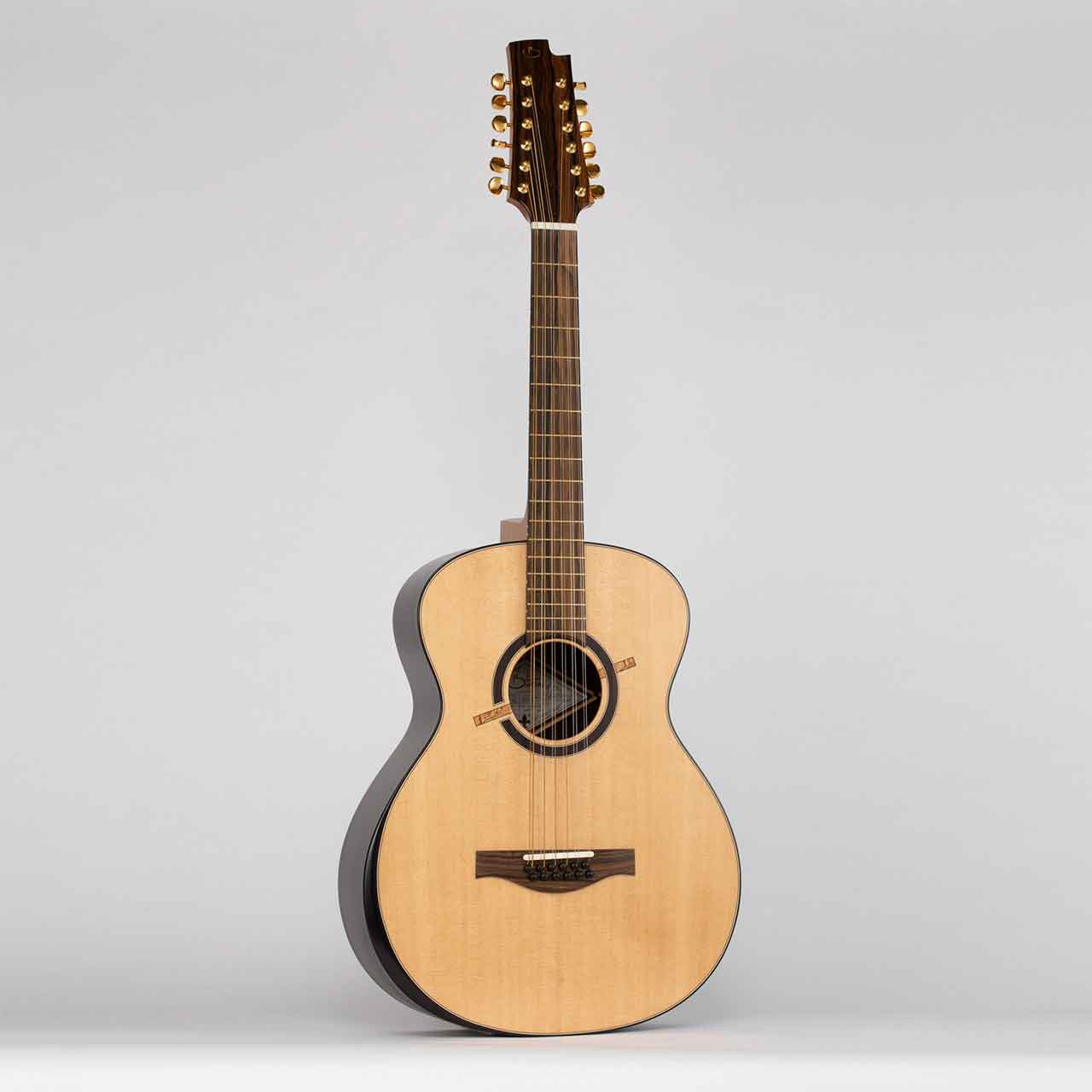
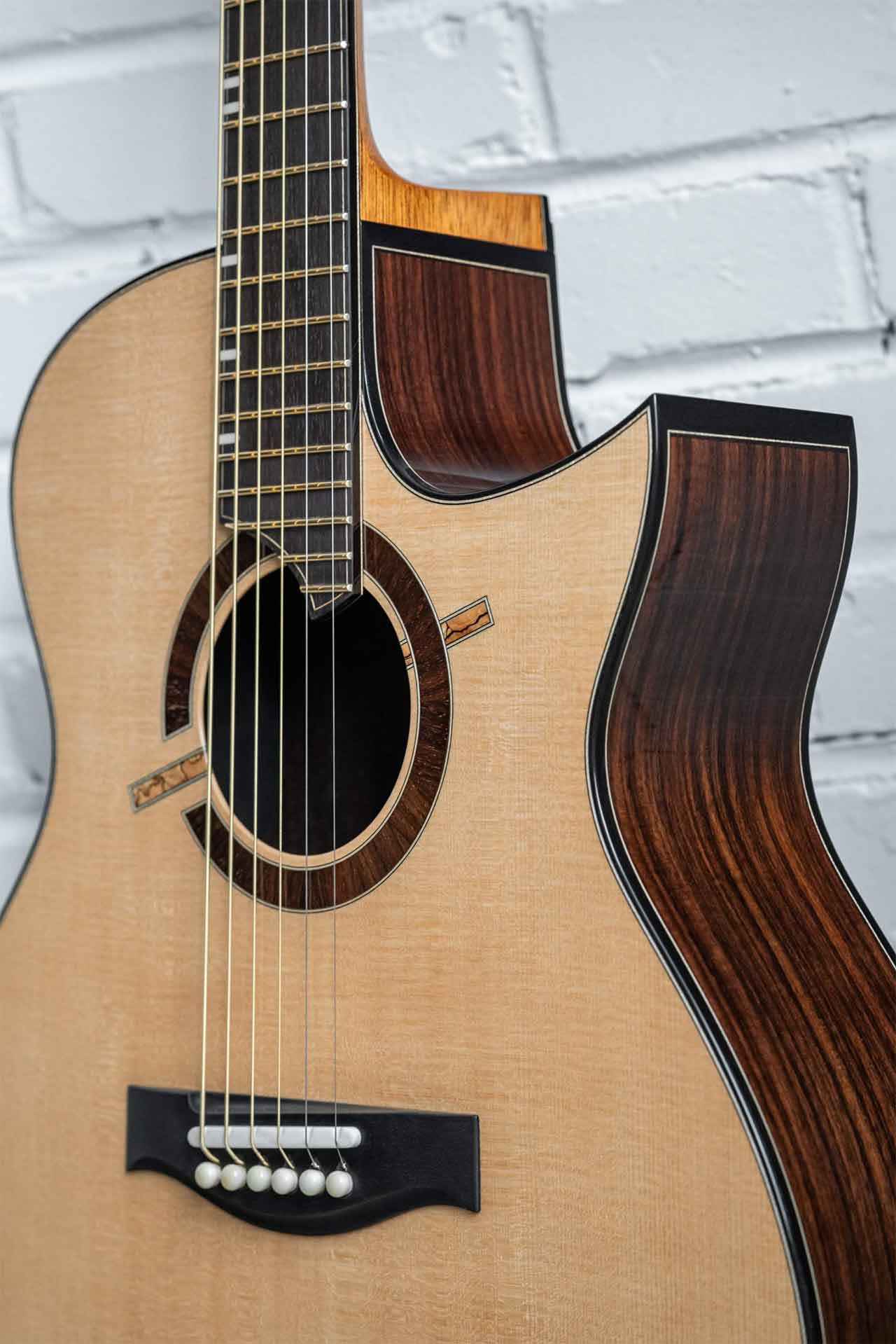
Luthiers.com brings together luthiers from all over the world. According to you, how is the Canadian lutherie different?
Canadian builders are very supportive of one another.
Montreal has two cooperative luthier shops that host approximately 10 to 20 builders/ technicians.
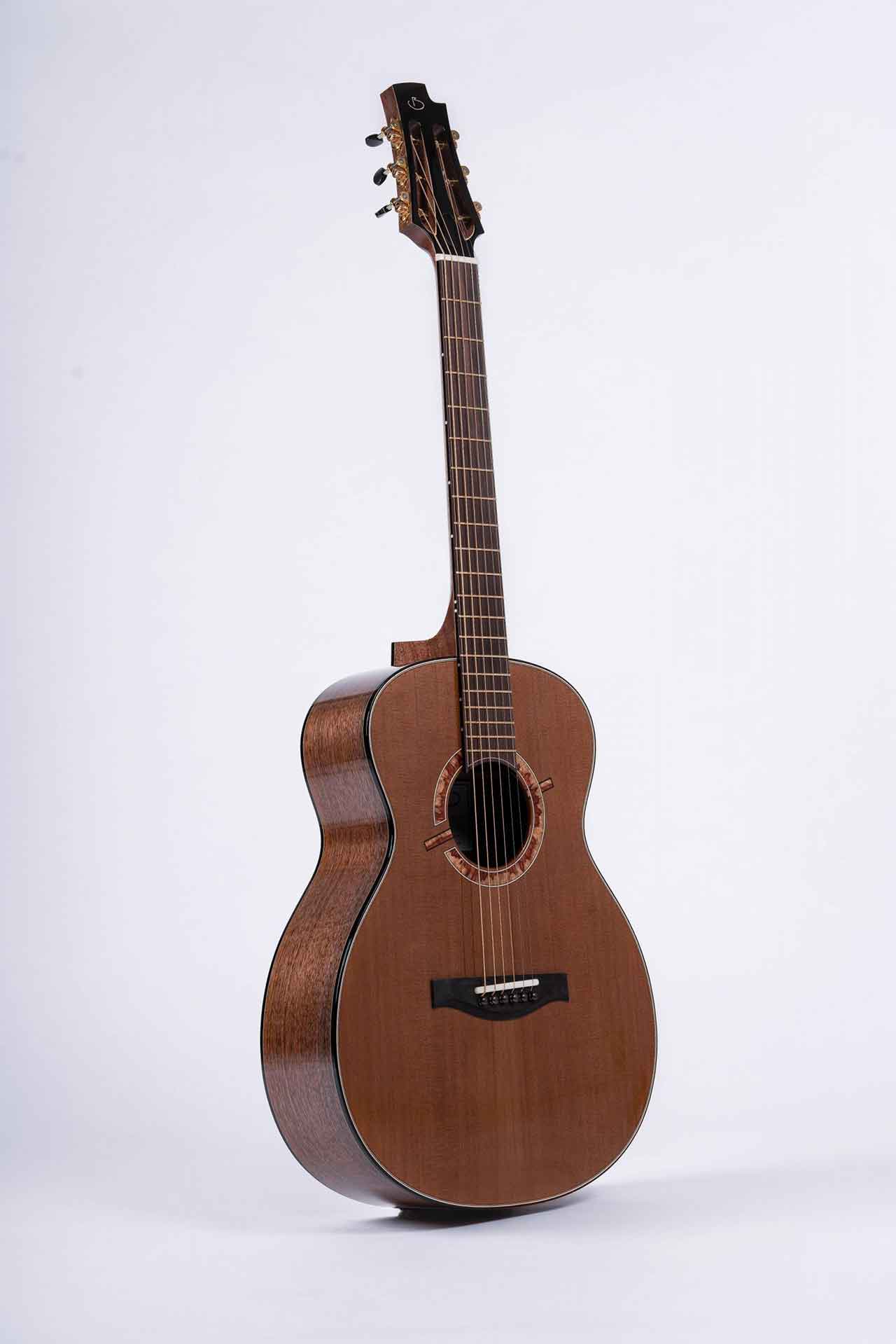
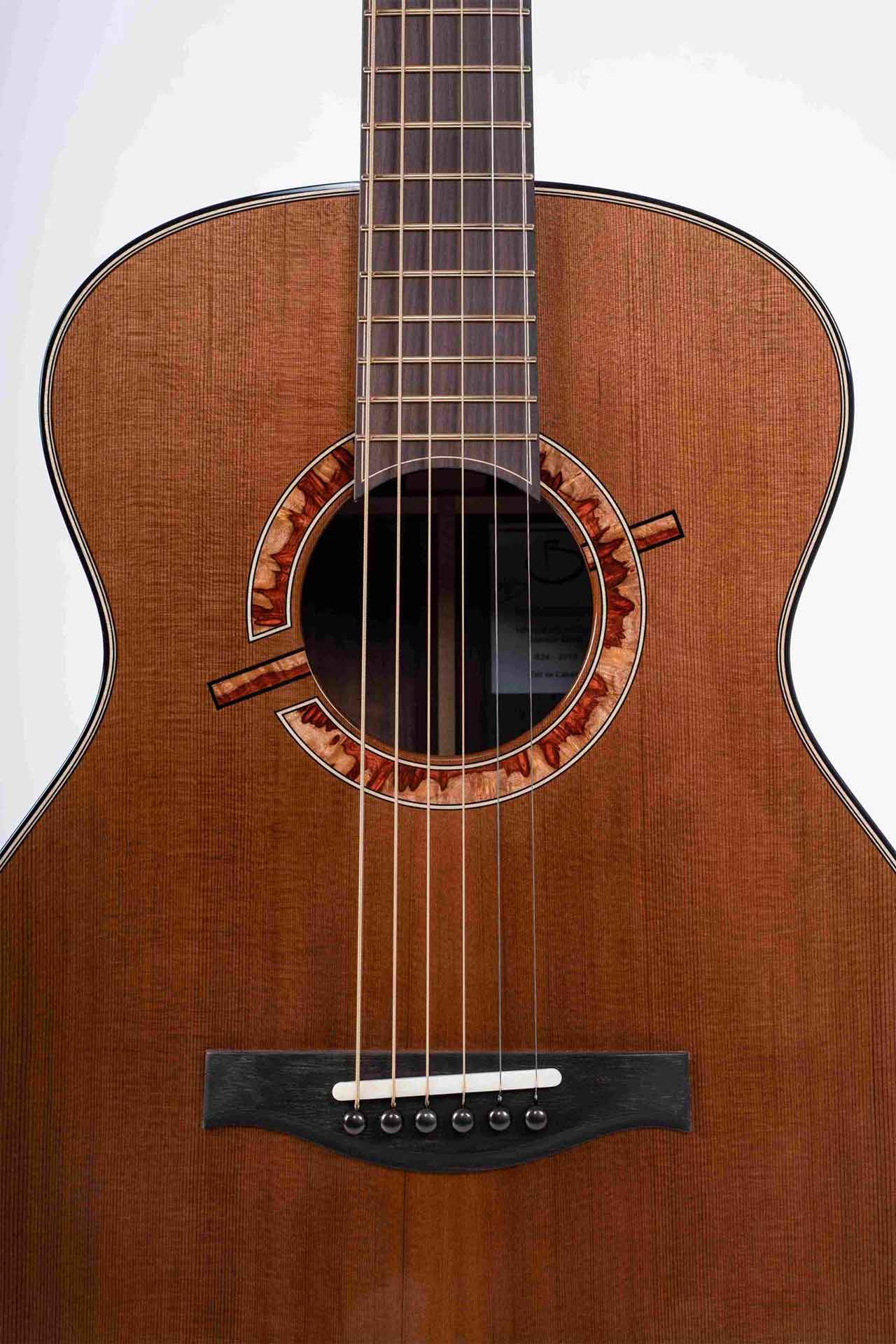
Where can we buy your instruments? Can we try them somewhere? Will you participate to some guitar shows ?
Musicians looking for a custom build can reach out to me directly.
I enjoy the process of meeting a player and getting to know them in order to make it as personalized as I can. I also work with Countess, a dealer located in Seoul, South Korea so you can try a guitar there.
Unfortunately, I don’t have showcases booked for 2023 but I intend to do one in 2024.
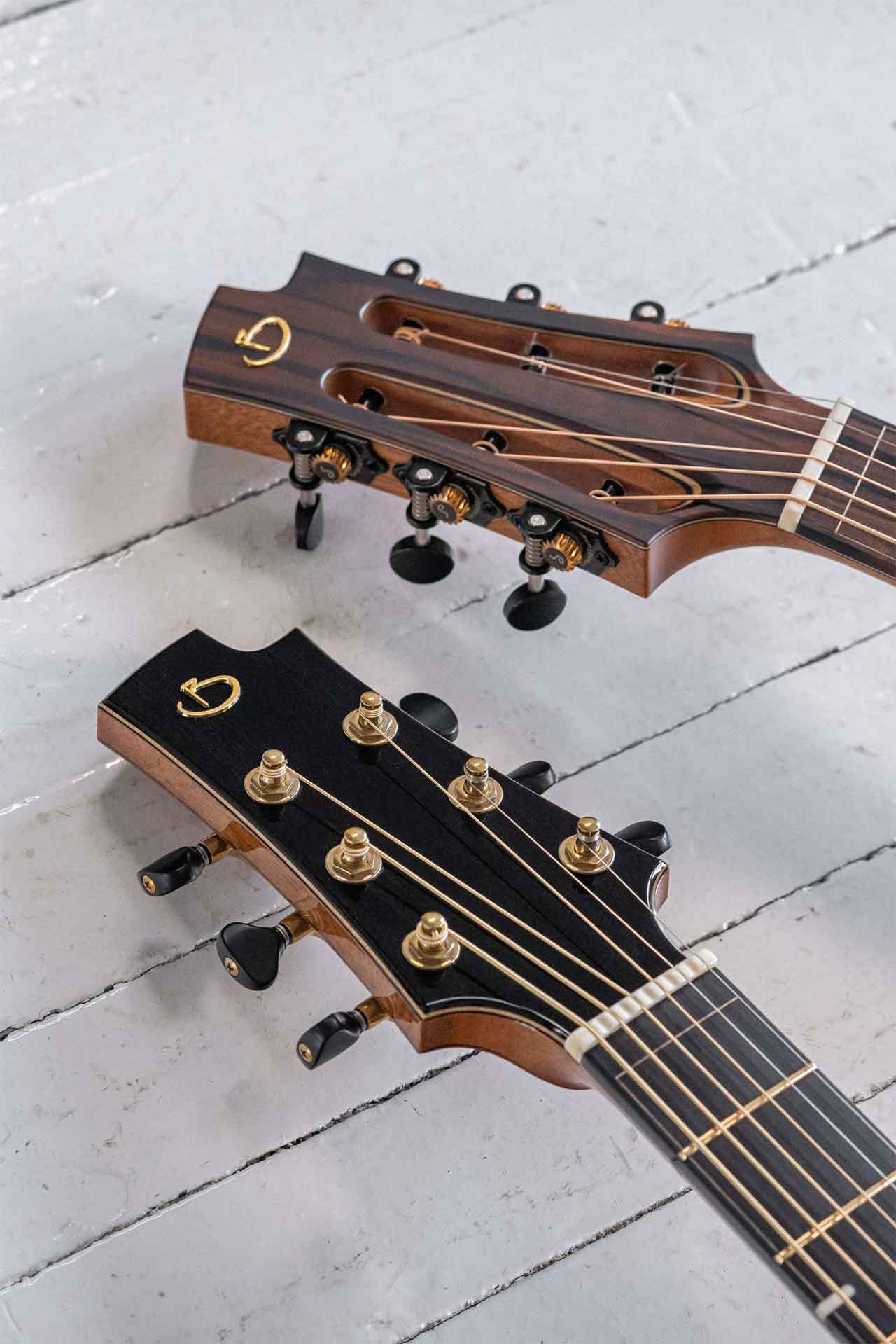
You can contact Maxime Baron Guitars
using the contact form on his personal page on Luthiers.com here :
https://luthiers.com/listing/maxime-baron-guitars/
We also invite you to follow him on his various social networks:
- Facebook: https://www.facebook.com/Baronguitars
- Instagram: https://www.instagram.com/baronguitars/
- Website: https://baronguitars.com
Maxime Baron Guitars Interview
In the coming weeks, as for others luthiers for plucked string instruments, luthiers for bowed string instruments, amps & effects makers, wood & supplies dealers, lutherie events, jobs, schools & teachers subscribers on our site, you will be able to follow our series of mini-interviews dedicated to the fascinating world of luthiers.
See you soon…
#luthiers
Subscribe to the newsletter!
Subscribe to our newsletter to follow all our news and those of our luthiers.
If you are passionate about the world of luthiers, join us!